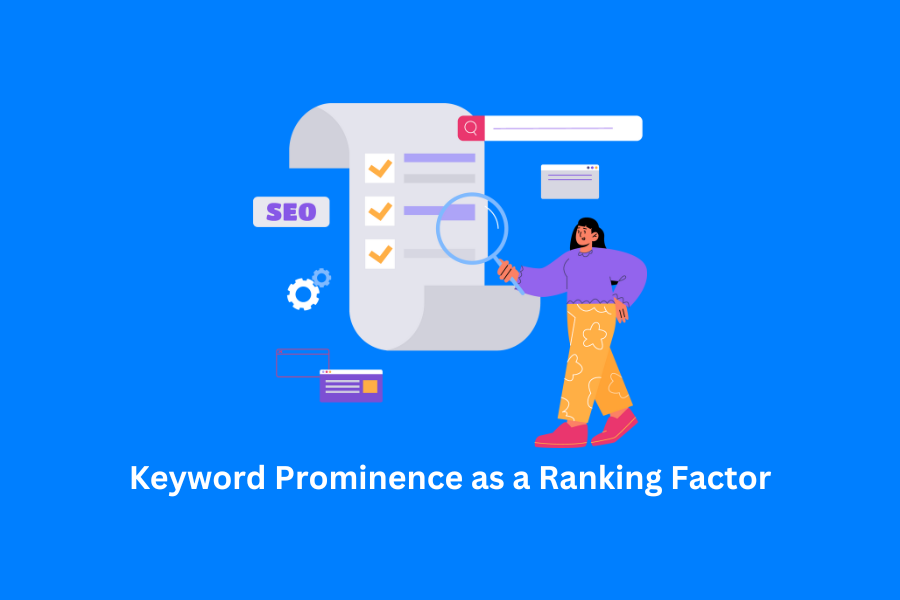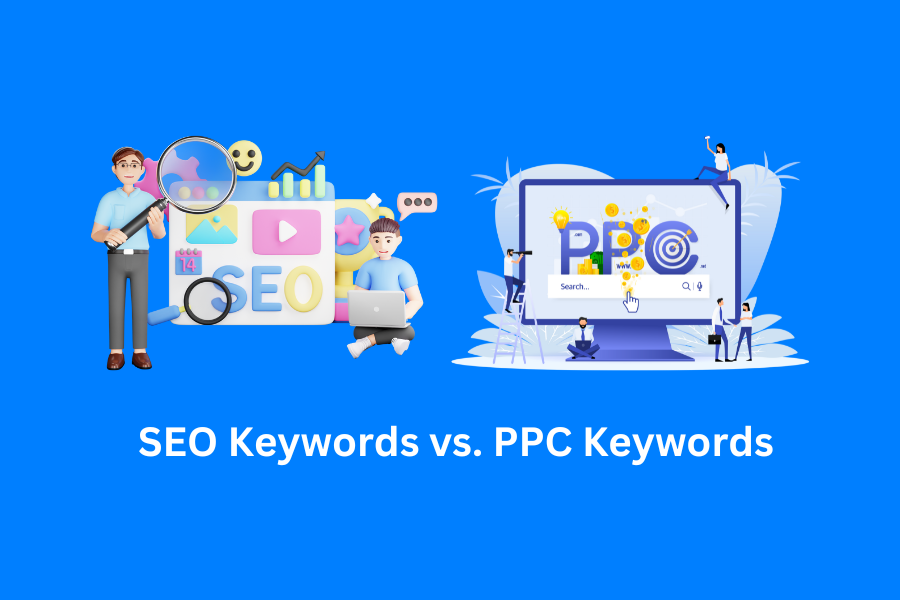When it comes to SEO, keyword research is one of the most crucial steps in building a strong foundation for success. Whether you’re running a small business or managing a large enterprise, understanding why keyword research is important can help improve visibility, attract targeted traffic, and boost your overall SEO performance.
In this blog post, we’ll explore the importance of keyword research and how it can enhance your SEO strategy.
9 Reasons Why Keyword Research is Important for SEO
1. Helps Identify High-Volume, Easy-to-Rank Keywords
The first reason why keyword research is important is that it allows you to find new keywords that offer high search volume while being relatively easy to rank for. Small businesses often face budget constraints, so focusing on high-volume, low-competition keywords is key to gaining traction without overspending on advertising or backlinks.
Actionable Tip: Use tools like Semrush or Ahrefs to find keywords with high search volume but low competition, making it easier to rank.
2. Guides Your Content Creation and Keyword Mapping
By understanding the importance of keyword research, you’ll be able to create blog posts, landing pages, or even product descriptions that align with what your audience is actively searching for. Not only does this increase the likelihood of your content being seen, but it also helps you optimize your keyword mapping strategy.
Keyword mapping is the process of assigning specific keywords to the most relevant pages on your website. This ensures that your site is effectively optimized for both users and search engines.
Actionable Tip: When creating content, map specific keywords to individual pages based on their relevance. For example, if you target “SEO tips for small businesses,” map it to a guide page for small business SEO.
3. Provides Insight Into Keyword Difficulty
When targeting keywords, it’s essential to know how tough the competition is. Keyword difficulty metrics help you assess whether you’ll need to build backlinks, use a certain format (e.g., a “how-to” guide or comparison), or write in-depth content to rank higher.
Actionable Tip: Check keyword difficulty scores using SEO tools and evaluate the type of content (e.g., long-form, listicles) that currently ranks for your target keywords.
For example, Ahrefs has divided KD (Keyword Difficulty) into 4 different parts.
- Easy 1-10 KD (If the keyword requires less than 10 domains to rank)
- Medium 11-30 KD (If the keyword requires less than 11-36 domains to rank)
- Hard 31-70 KD (If the keyword requires less than 37-200 domains to rank)
- Super Hard 71-100 KD (If the keyword requires less than 200+ domains to rank)

4. Understands Market Trends
Knowing why keyword research is important also means staying updated with the latest market trends. This can help you adjust your SEO strategy as search behavior shifts, enabling you to remain competitive in a fast-changing digital landscape.
Actionable Tip: Regularly revisit your keyword strategy and keep an eye on seasonal or trending keywords to adapt your content accordingly.
5. Reveals Competitor Insights
A good keyword research strategy helps you analyze your competitors. You’ll gain insights into which keywords are working for them and what gaps exist in their content that you can capitalize on.
Actionable Tip: Use competitor analysis tools to discover keywords your competitors rank for but you don’t. This can open new avenues for traffic.
6. Unlocks User Intent and Segmentation
Keyword research is significant in understanding the search intent behind the queries. By breaking down search intent—whether informational, navigational, or transactional—you can align your content more accurately with what users need at different stages of their journey.
Actionable Tip: Segment your keywords based on the buyer’s journey, including Top of Funnel (ToFu), Middle of Funnel (MoFu), and Bottom of Funnel (BoFu) keywords. This will help you create more targeted content that meets the specific needs of each audience segment.
7. Enhances Content Relevance
Using the right keywords makes your content more relevant to both search engine algorithms and users. High relevance leads to better rankings and a stronger user experience, which can translate into higher conversion rates.
Actionable Tip: Make sure each page is optimized for one primary keyword and related secondary keywords. This increases the page’s overall relevance to search engines.
8. Supports Long-Term SEO Strategy
One of the most overlooked reasons why keyword research is important is how it can shape your long-term SEO strategy. It allows you to build a roadmap for future content creation, link-building efforts, and on-page optimization techniques.
Actionable Tip: Plan quarterly reviews of your keyword research to adjust your SEO strategy, targeting emerging trends and long-term goals.
9. Increases Organic Traffic and Conversions
Finally, effective keyword research improves your chances of ranking higher, which leads to increased organic traffic. Targeted keywords also bring in visitors who are more likely to convert, making keyword research a cornerstone of both SEO success and revenue growth.
Actionable Tip: Monitor the performance of your target keywords through analytics to measure how they impact traffic and conversions.
Conclusion
To succeed in SEO, you must prioritize keyword research. It not only helps you identify easy-to-rank keywords but also reveals market trends, competitor insights, and user intent. By understanding the importance of keyword research, small businesses can save money, improve efficiency, and build a long-term strategy that drives results.









